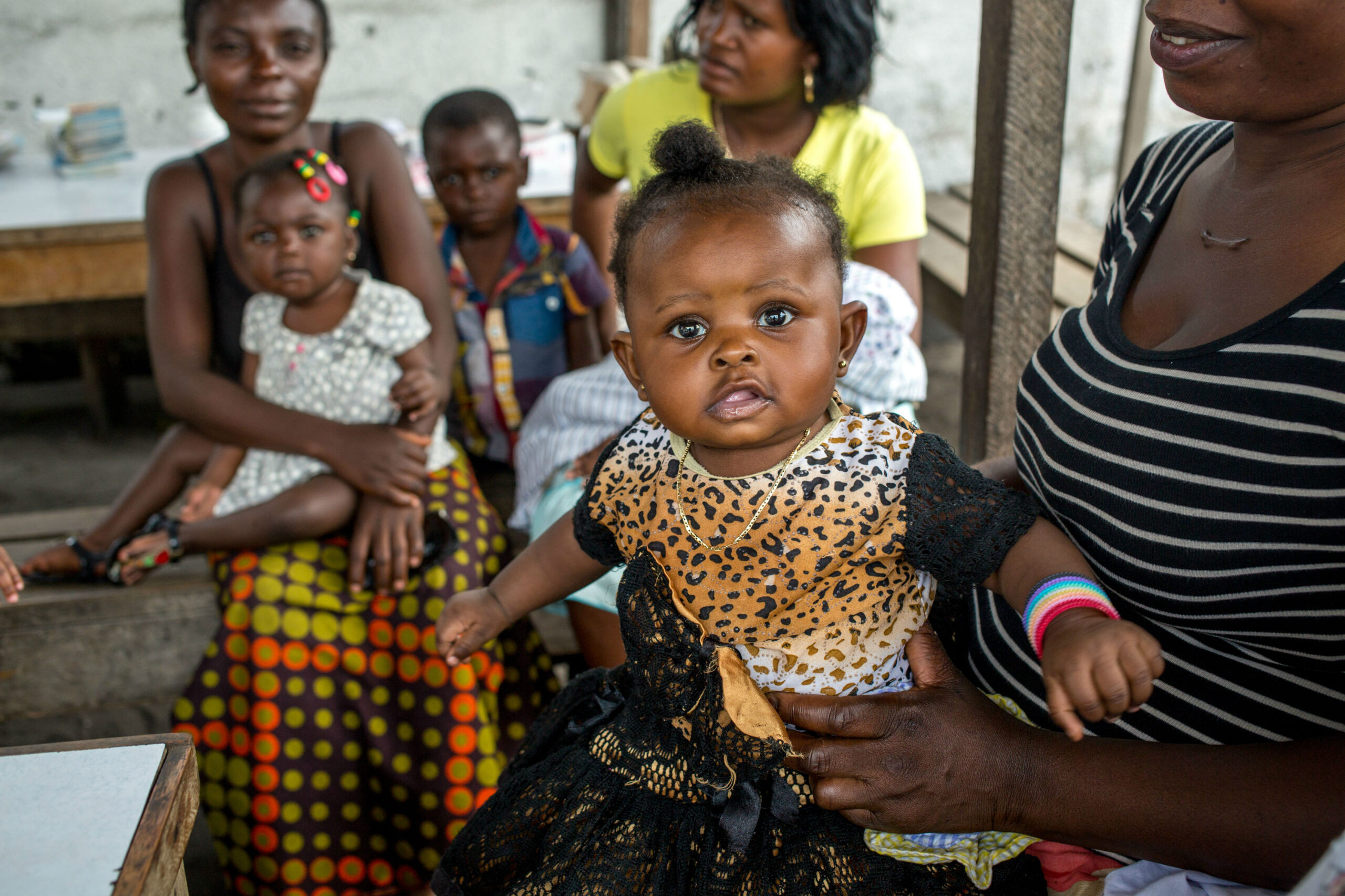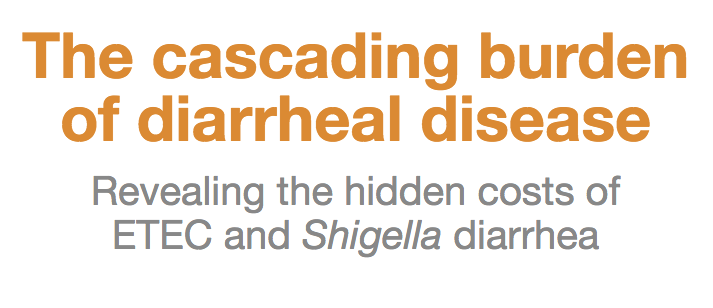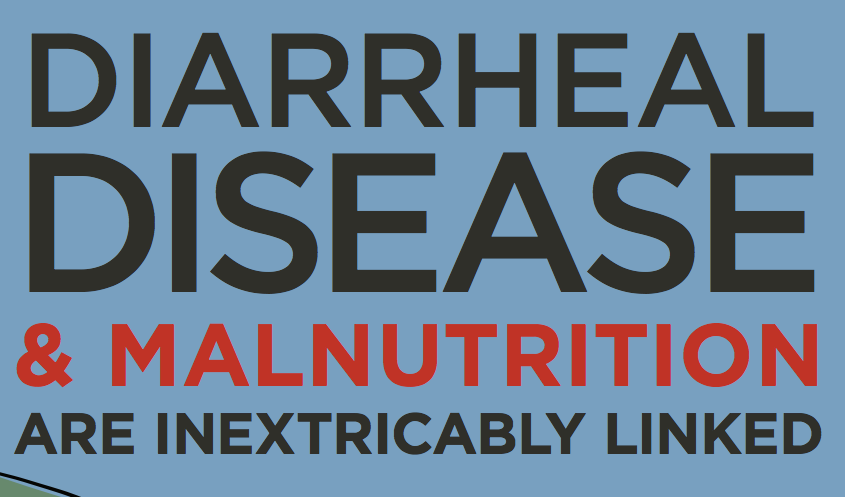
Press release
01:01 Geneva local time
00:01 London local time
Friday, April 12, 2013
Contact: Guillermo Meneses
+1 202.813.4821|+1 202.445.1570 (mobile)Guillermo.Meneses@gmmb.com
Leading Organisations Back Global Action Plan, Urge Governments and Partners
to Take Immediate Steps to Achieve Impact
Millions of Children’s Lives Can be Saved from Pneumonia and Diarrhoea through Integrated Effort
To view the French version of the press release, click here.
London—More than 100 nongovernmental organisations (NGOs) and civil society organisations (CSOs), joined by dozens of leading experts, expressed their support today for the World Health Organization (WHO) and UNICEF’s first-ever global plan to simultaneously tackle pneumonia and diarrhoea—diseases that take the lives of almost two million children each year—and urged governments and their partners to make the plan a reality.
The Integrated Global Action Plan for the Prevention and Control of Pneumonia and Diarrhoea (GAPPD) provides the strategies and evidence needed to significantly reduce childhood death and illness from two of the leading killers of children, pneumonia and diarrhoea, that together account for nearly one-third of deaths in children younger than age five. The Global Action Plan calls on national governments and their partners to integrate their approach to fighting these diseases, for which the interventions to protect against, prevent and treat are complementary. Having collected and analysed the most recent evidence on the impact of pneumonia and diarrhoea interventions and country practices, The Lancet series, also released today, provides the scientific underpinning for the GAPPD.
“There is absolutely no reason children today should die from pneumonia and diarrhoea,” said William Keenan, executive director, International Pediatric Association. “We have the tools to stop these deaths and we must. By coordinating efforts to tackle two diseases that can be defeated, we have the power to save millions of children’s lives.”
The world’s leading NGOs and CSOs have expressed their commitment to working with countries and their partners to develop country-specific plans designed to achieve the greatest impact. Next steps among key partners must include:
For national governments:
· Prioritising the fight against pneumonia and diarrhoea through integrated policies and increased resource mobilisation;
· Using the GAPPD to determine what specific plans, investments and partners are needed to achieve the greatest health impact in your country;
· Identifying clear roles and responsibilities and establishing transparent governance and accountability structures across ministries, sectors and partners;
· Engaging affected communities, civil society, the private sector, donor agencies and multilateral institutions to assess how the GAPPD can be used to strengthen efforts in your country;
· Focusing on and dedicating resources to reducing inequities; and
· Supporting communities most affected as they implement integrated strategies.
For the private sector:
· Committing to producing quality, affordable treatments and vaccines in child-friendly formulations that are easy-to-administer and to improving distribution to ensure these products reach the most vulnerable children;
· Developing and delivering improved water treatment, sanitation products and clean-cooking technologies and supporting accessible and affordable service delivery for all; and
· Conducting communications campaigns to reach families and health providers about best practices.
For bilateral organisations and donors:
· Providing technical and financial support to countries adopting the GAPPD as part of their national child survival commitments;
· Scaling up investments in and support for governments working toward integration in accordance with internationally recognised principles of aid effectiveness;
· Incentivising integrated approaches to protect, prevent and treat pneumonia and diarrhoea in the way funds are disbursed, results are measured and global and national policies are influenced.
For WHO and UNICEF:
· Harnessing their regional and national program staff to work with member countries on effectively implementing the GAPPD.
“Cambodia has already made progress integrating our programs and policies to improve prevention and treatment of diarrhoea and pneumonia,” said Professor Eng Huot, secretary of state, Ministry of Health, Cambodia. “With the release of the Global Action Plan, we have the roadmap needed to make strong gains for all our children.”
The launch of the Global Action Plan comes at a critical time, as countries strive to achieve the Millennium Development Goals (MDG) by the 2015 deadline. While tremendous progress has been made and child deaths have plummeted in the last 20 years, too many children are still dying from pneumonia and diarrhoea. Tackling these two leading killers of children together will have the single greatest impact on improving child survival. While stepping up efforts to meet MDG 4—a two-thirds reduction in child deaths, those working on the post-2015 development framework must prioritise integrated approaches to improving child health, like the GAPPD, and set goals for expanding access to health care, safe water and sanitation.
“A world where two million fewer children die from pneumonia and diarrhoea is achievable because we already have the solutions—the vaccines and medicines, clean water and energy, and other key services vital to healthy childhoods,” said Dr. Jim Yong Kim, president, World Bank. “The critical challenge is delivery to the children who need these interventions the most. The World Bank is committed to investing in the health of children and in health systems that can sustainably deliver quality, affordable health care to the most vulnerable children.”
###
Key resources:
· NGO and CSO Statement of Support Signed on to by Over 100 Organizations
· Individual Comments and Statements of Support from Key Leaders and Experts
· WHO and UNICEF’s GAPPD Report and Related Content (These materials are embargoed until April 12. Please contact Guillermo Meneses for advance access.)
· The Lancet series on Pneumonia and Diarrhoea (Please note: these articles are embargoed until April 12. Please contact Guillermo Meneses for advance access.)
· For a comprehensive suite of resources and materials, please visit: https://www.defeatdd.org/global-action-plan
Partners representing more than 100 organisations from countries around the world stand ready to work with national governments to set priorities, identify challenges and establish integrated approaches to fight pneumonia and diarrhoea.


